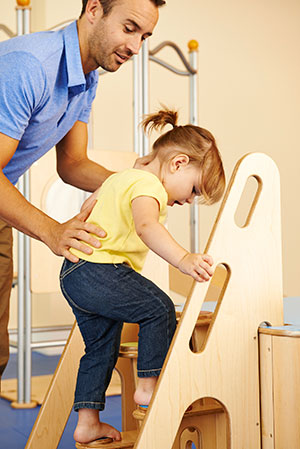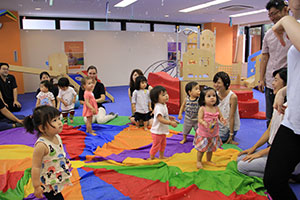
In our daily lives, we require various skills to succeed. One of the most important we can acquire is good communication skills. This encompasses all social interaction, from being able to respect someone’s personality and way of thinking to being able to form successful relationships with others.
Due to globalisation and the development of an information-driven society, communication skills are becoming more and more important. Within a corporate environment, whether or not an individual can form harmonious personal relationships will influence not only one’s work, but also how it is perceived and evaluated.
Moreover, this is not something that affects only adults. Children make friends and experience feelings of camaraderie thanks to their communication skills. Caregivers therefore play a key role in teaching how these skills can be nurtured and developed.

What is the impact of society?
Although communication skills are becoming increasingly important, children today are having a harder time developing them. As a result of them spending less time playing outside and more time at home playing electronic games, their opportunities to relate to others are also decreasing.
Due to Japan’s ageing population, declining birth rate and rising tendency for families to live in nuclear rather than extended units, children have less chance to spend time with grandparents, other relatives and close friends.
In addition, with the dramatic rise in use of mobile phones and computers, children as young as elementary school age are using email and social media to contact their friends. This causes a decrease in opportunities for direct communication and negatively affects the development of communication skills. If this lack of direct communication continues, children will end up fearing direct person-to-person communication, which can lead to isolation and bullying.
What can parents do to help?
Here are some examples of activities to boost children’s communication skills that can become part of everyday living.
Listen carefully
Children learn a lot and develop their communication skills through the influence of their parents, with whom they spend the most time when they are young. Therefore, when your child is speaking, listen to him or her carefully and show that you are interested in what he or she is saying.
Parents should refrain from being the only one to talk and not giving your child the opportunity to say all but a few words. Children who grow up in such an environment will tend to become silent and have a hard time communicating their feelings to others.

Interact with people
Giving your child the opportunity to interact with people of various cultures, genders and ages will help expand his or her communication skills.
Try to arrange play dates or attend classes with children of a similar age and allow your child to interact with adults other than family members and relatives. Through interaction with others, he or she will learn naturally what actions are and are not acceptable, as well as what makes others angry or happy.
Feel and empathise
An important part of communication is thinking about another person’s feelings and understanding how they feel. The ability to empathise with another person and cooperate with him or her comes from having experience of one’s own feelings being taken seriously.
To encourage your child to respect another person’s feelings it is important to set an example by empathising with your child’s feelings. The excitement that your child will experience when his or her feelings are understood will help him or her when trying to empathise with others.






